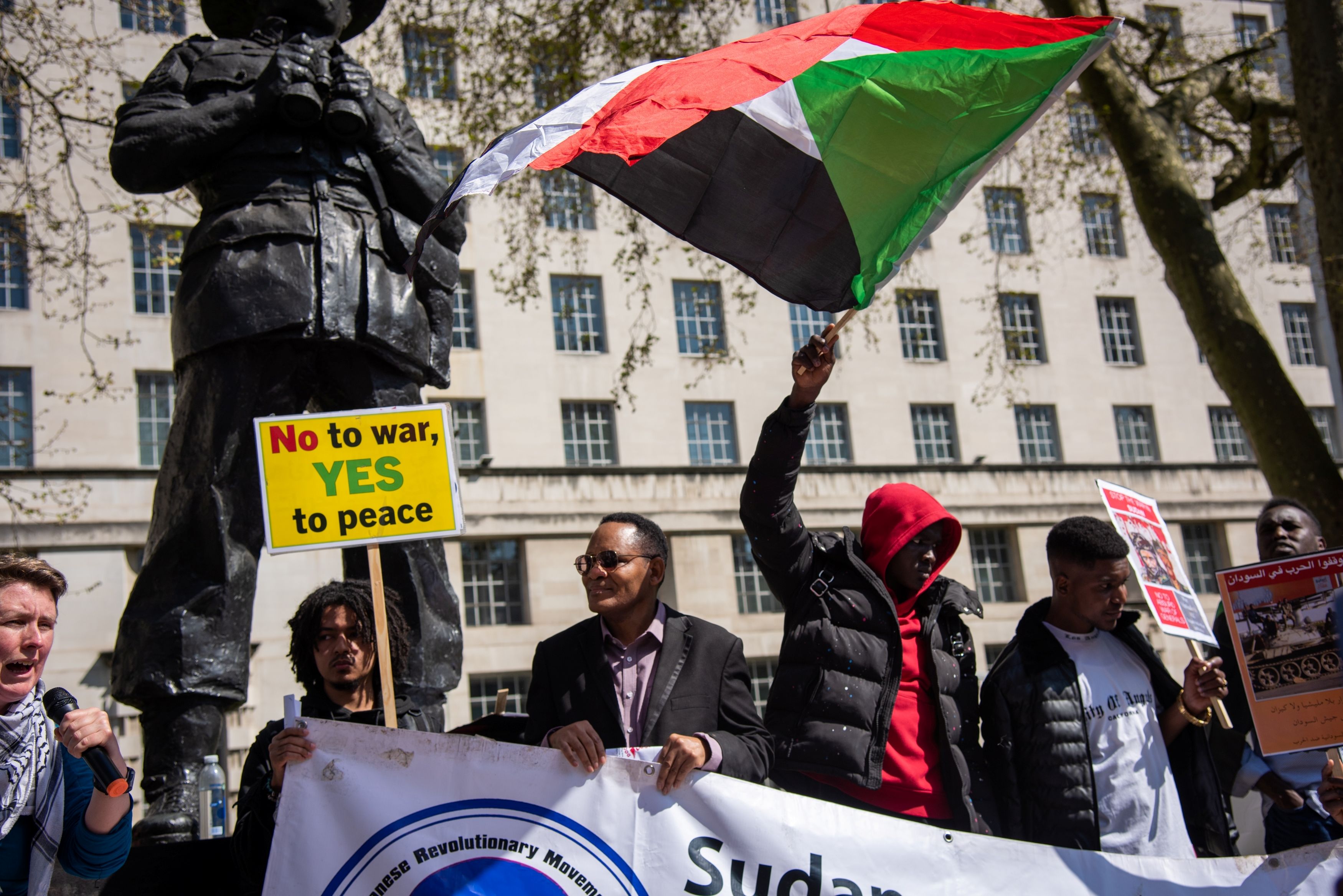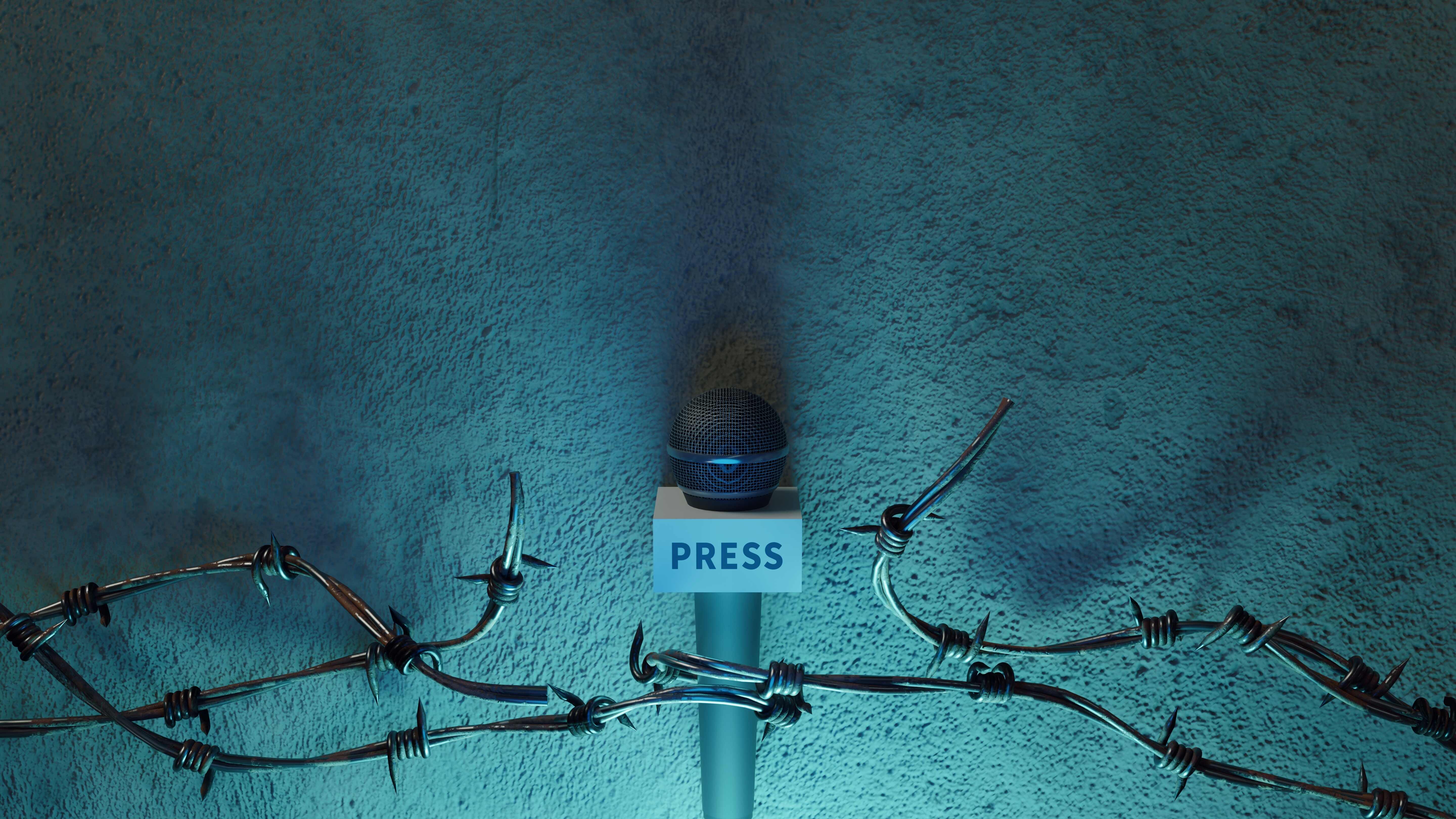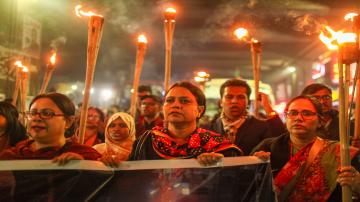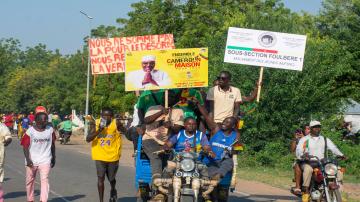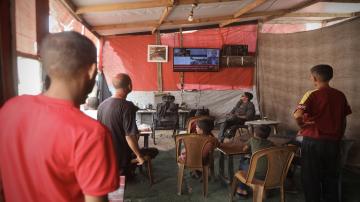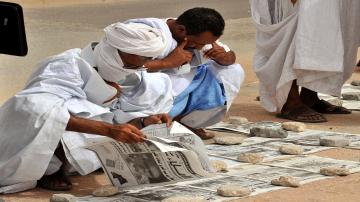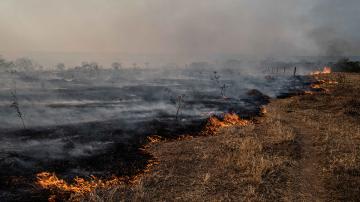Al Jazeera Journalism Review

Public Hostility Toward Legacy Media in Bangladesh
The December 2025 arson attacks on Prothom Alo and The Daily Star marked a turning point for journalism in Bangladesh. As public anger replaces state control as the primary threat, reporters are reassessing personal safety, editorial judgement, and professional credibility in a political transition where journalism itself is increasingly treated as an enemy.
Latest Articles
Palestinian Journalist Lama Ghosheh Refuses to Be Silenced Under Occupation
Despite ongoing repression under Israeli occupation, Palestinian journalist Lama Ghosheh continues her work with unwavering resolve, documenting the lived realities of her people. Her story is one of resistance, family, and the high cost of speaking truth in the face of systemic silencing.

Fact-Checking: The Last Line of Defense Against Occupation Propaganda in Palestine
Manipulation of information, intensive propaganda campaigns, and widespread disinformation were key features of the "narrative" battle that accompanied the war on Gaza. From the very beginning, the occupation sought to provide media cover for potential war crimes, but the work of fact-checkers exposed the foundations of its propaganda.

The Media Landscape in Sudan During the War
The ongoing war in Sudan has dismantled many media institutions, creating a vacuum filled by a vast stream of rumors and false information that has fueled internal conflict. A large segment of the public has turned to social media platforms in search of the truth, while some traditional media outlets continue to operate despite the targeting of their offices and journalists.
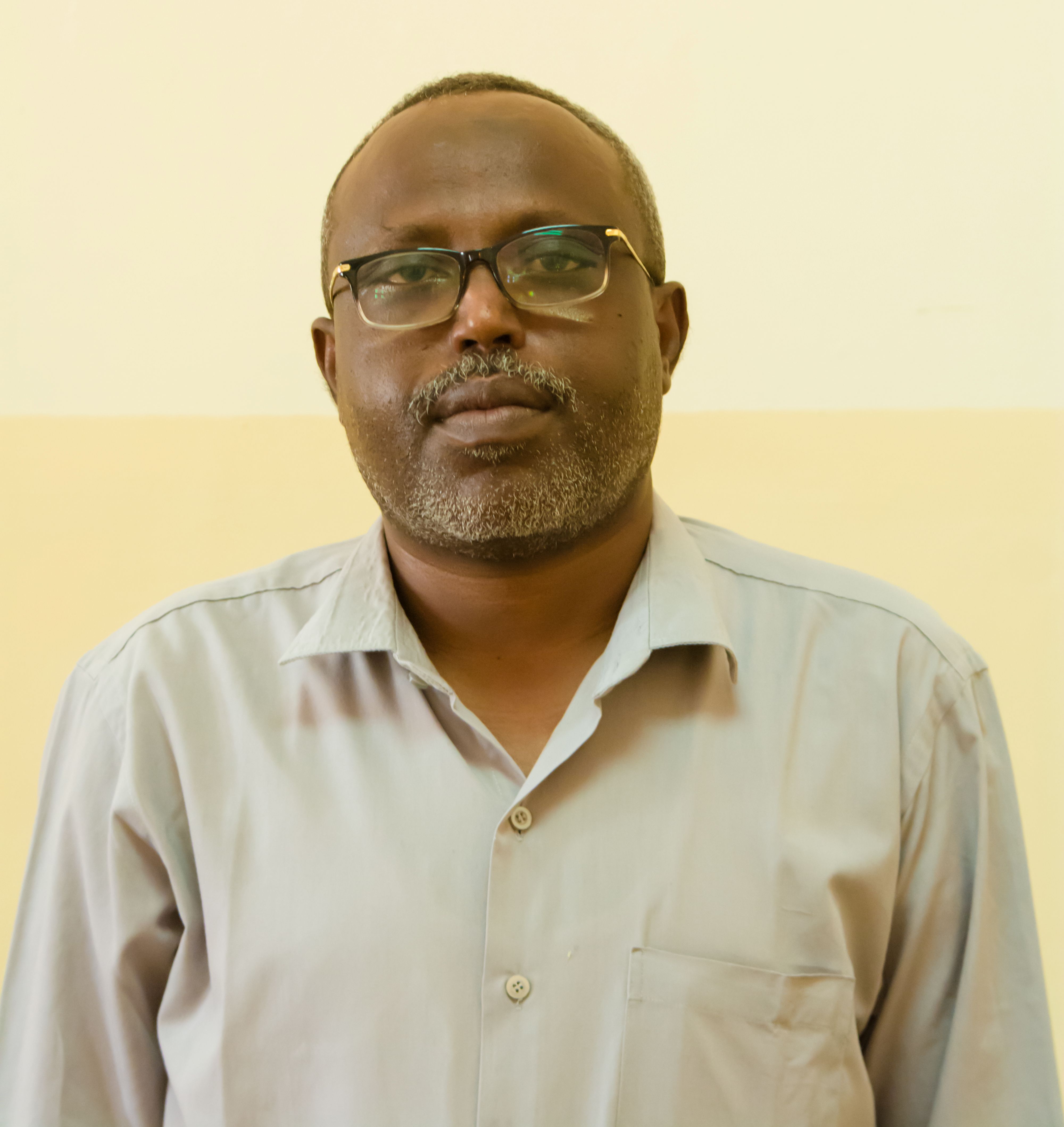
Western Media’s Double Standards on Muslim Women’s Suffering
When an Iranian student publicly protested against security forces by undressing, the moment garnered widespread attention in Western media. Meanwhile, even as 70 percent of those killed in Palestine are women and children, this ongoing violence—including the systematic killing, torture, and detention of Palestinian women—receives minimal coverage. This disparity raises urgent questions: How do Western media represent women’s issues in the Islamic world, and to what extent are such portrayals shaped by double standards?

Western Media Has Failed Their Palestinian Colleagues
A 2024 CPJ report revealed that nearly 70% of journalists killed that year were targeted by Israel, yet major Western media outlets largely ignored or downplayed the findings. The muted response to these targeted attacks and escalating press restrictions highlights a troubling double standard in the West’s commitment to press freedom.

Weaponizing the Law: SLAPPs Against Journalists and Press Freedom
SLAPPs—abusive lawsuits designed to silence journalists and activists—are surging across Southeast Asia, exploiting vague laws and weak protections to punish those who speak truth to power. As legal harassment intensifies, journalists face not only imprisonment and censorship but also emotional trauma, exile, and long-term damage to their careers.

Opinion
Arsalan Bukhari
Public Hostility Toward Legacy Media in Bangladesh
The December 2025 arson attacks on Prothom Alo and The Daily Star marked a turning point for journalism in Bangladesh. As public anger replaces state control as the primary threat, reporters are…
Salma Saqr
Migration Issues and the Framing Dilemma in Western Media
How does the Western press shape the migration narrative? Which journalistic frames dominate its coverage? And is reporting on anti-immigration protests neutral or ideologically charged? This…
Hisham Zakkout
From News Reporting to Documentation: Practical Lessons from Covering the War on Gaza
From the very first moment of the genocidal war waged by Israel on Gaza, Al Jazeera correspondent Hisham Zaqout has been a witness to hunger, devastation, war crimes, and the assassination of his…
Diaries
From News Reporting to Documentation: Practical Lessons from Covering the War on Gaza
From the very first moment of the genocidal war waged by Israel on Gaza, Al Jazeera correspondent Hisham Zaqout has been a witness to hunger, devastation, war crimes, and the assassination of his colleagues in the field. It is a battle for survival and documentation, one that goes beyond mere coverage and daily reporting.

A Sudanese Journalist in the Grip of the Rapid Support Forces
She was arrested, tortured, nearly raped, threatened with death, and subjected to degrading abuse. Her brother was brutally mistreated in an effort to locate her. In the end, her family had to pay a ransom to secure her release. She sought refuge abroad, but eventually returned to Sudan to continue documenting the war’s toll, particularly in El Fasher, a city now under siege. This is the harrowing account of a Sudanese journalist detained and tortured by the Rapid Support Forces.

Anas Al Sharif; Killed by Israel, but His Final Words Will Echo far Beyond His Death
For over a year and a half, Anas Jamal al-Sharif refused to leave northern Gaza, documenting the destruction and loss that others tried to hide. Tonight, Israel silenced his voice, but his final words, written on April 6, will echo far beyond his death.

Reports
Public Hostility Toward Legacy Media in Bangladesh
The December 2025 arson attacks on Prothom Alo and The Daily Star marked a turning point for journalism in Bangladesh. As public anger replaces state control as the primary threat, reporters are reassessing personal safety, editorial judgement, and professional credibility in a political transition where journalism itself is increasingly treated as an enemy.

Migration Issues and the Framing Dilemma in Western Media
How does the Western press shape the migration narrative? Which journalistic frames dominate its coverage? And is reporting on anti-immigration protests neutral or ideologically charged? This analysis examines how segments of Western media echo far-right rhetoric, reinforcing xenophobic discourse through selective framing, language, and imagery.
Polarised, Intimidated, Silenced: The Media Under Siege in Cameroon’s Election
Cameroon’s 2025 presidential election exposed a troubling paradox: a nation voting under the watchful eye of power, while its press remained silenced. From the arrest of a teenage reporter to bans on political debate and digital manipulation, freedom of expression is under siege, and journalism is on trial.

What Image of Gaza Will the World Remember?
Will the story of Gaza be reduced to official statements that categorise the Palestinian as a "threat"? Or to images of the victims that flood the digital space? And how can the media be transformed into a tool for reinforcing collective memory and the struggle over narratives?

Journalism in Mauritania: Behind the Facade of Press Freedom Indicators
Mauritania holds the top position in the Arab world in the Press Freedom Index published by Reporters Without Borders. However, behind this favourable ranking, the media and journalists face significant challenges, chief among them the ambiguity surrounding the definition of a "journalist" and the capacity of media professionals to fulfil their roles in accountability and oversight. Despite official efforts, the defining feature of Mauritania’s media landscape remains its persistent state of fluctuation.

How Can Journalism Make the Climate Crisis a People’s Issue?
Between the import of Western concepts and terminology that often fail to reflect the Arab context, and the denial of the climate crisis, or the inability to communicate it in clear, accessible terms, journalism plays a vital role in informing the public and revealing how climate change directly affects the fabric of daily life in the Arab world.



